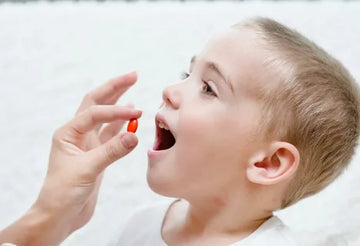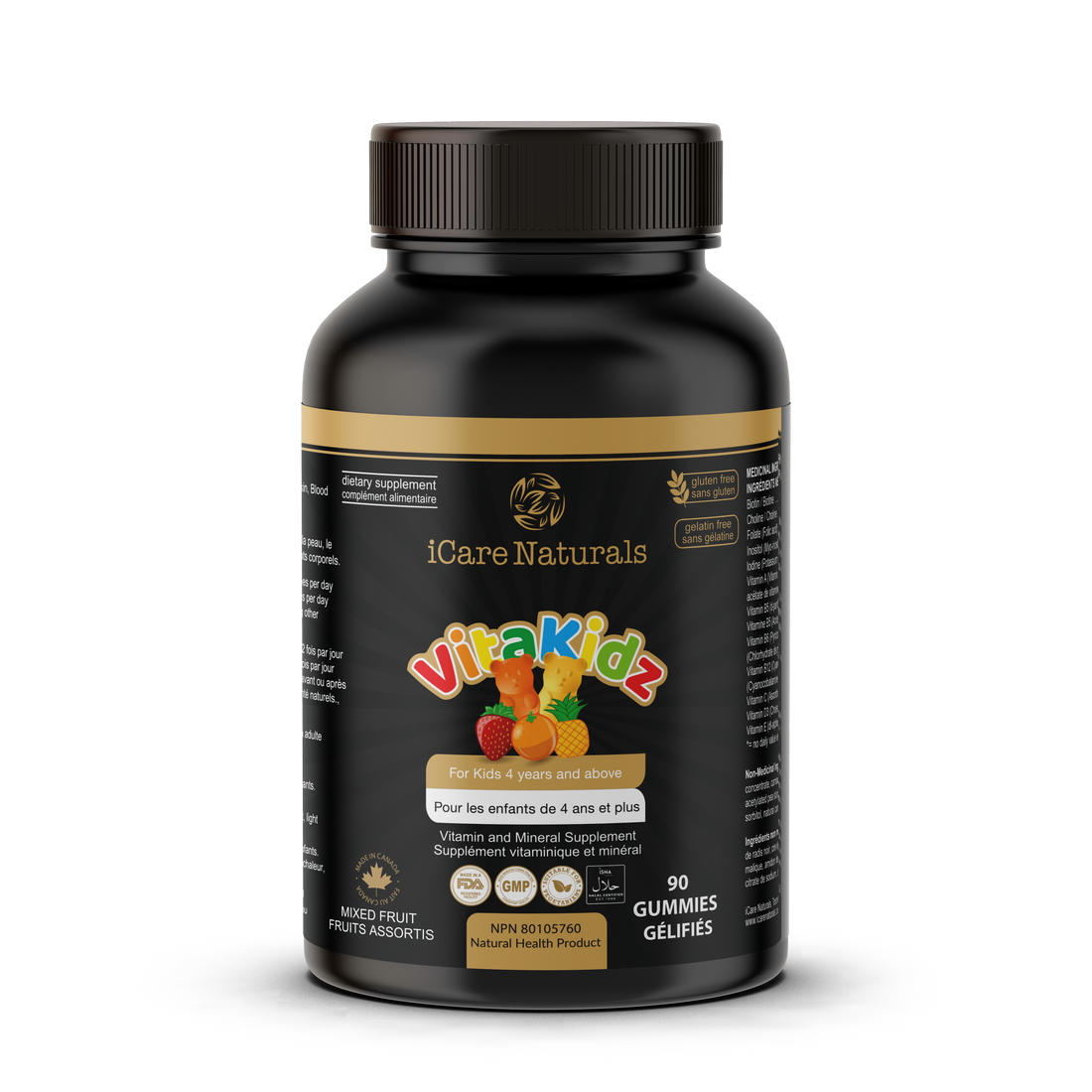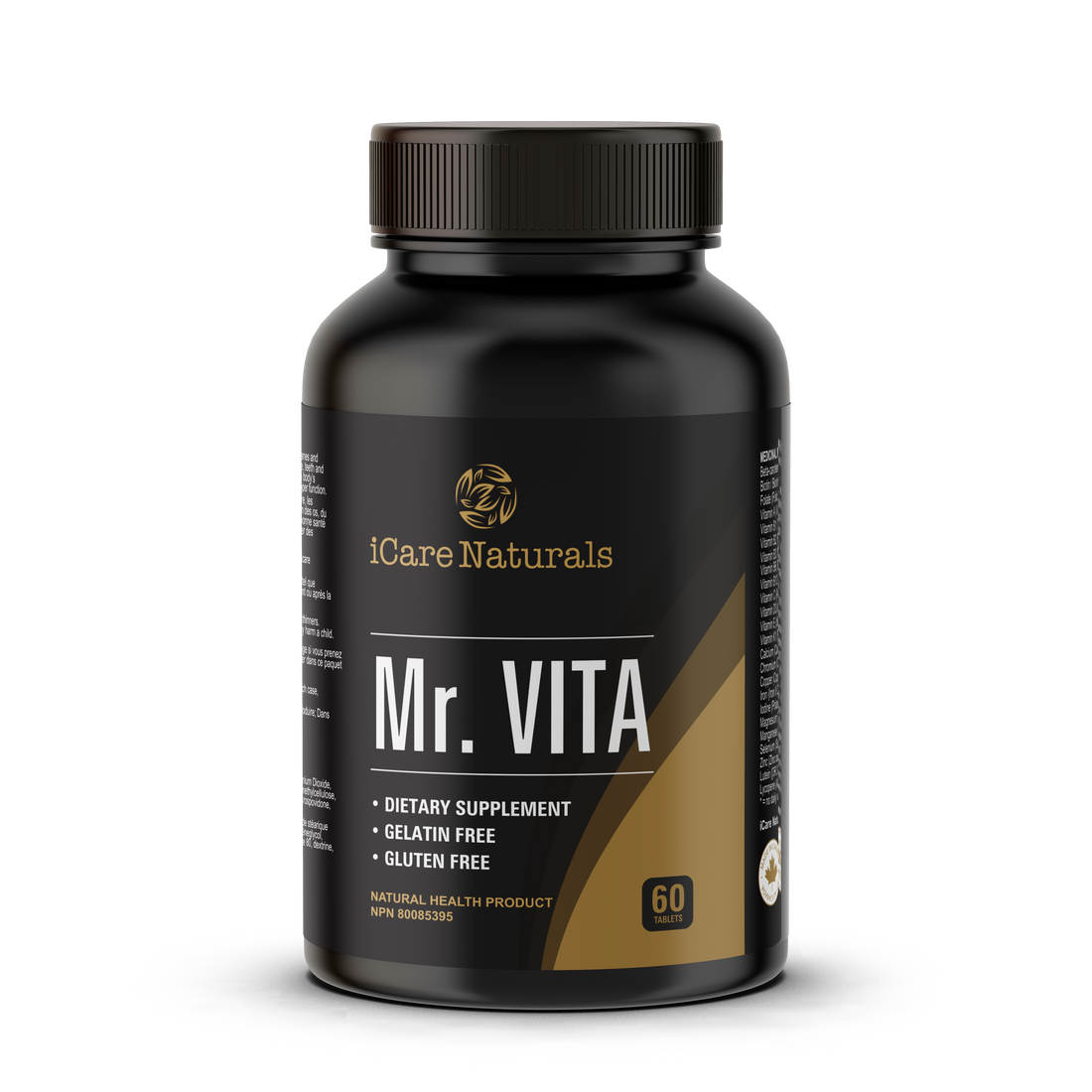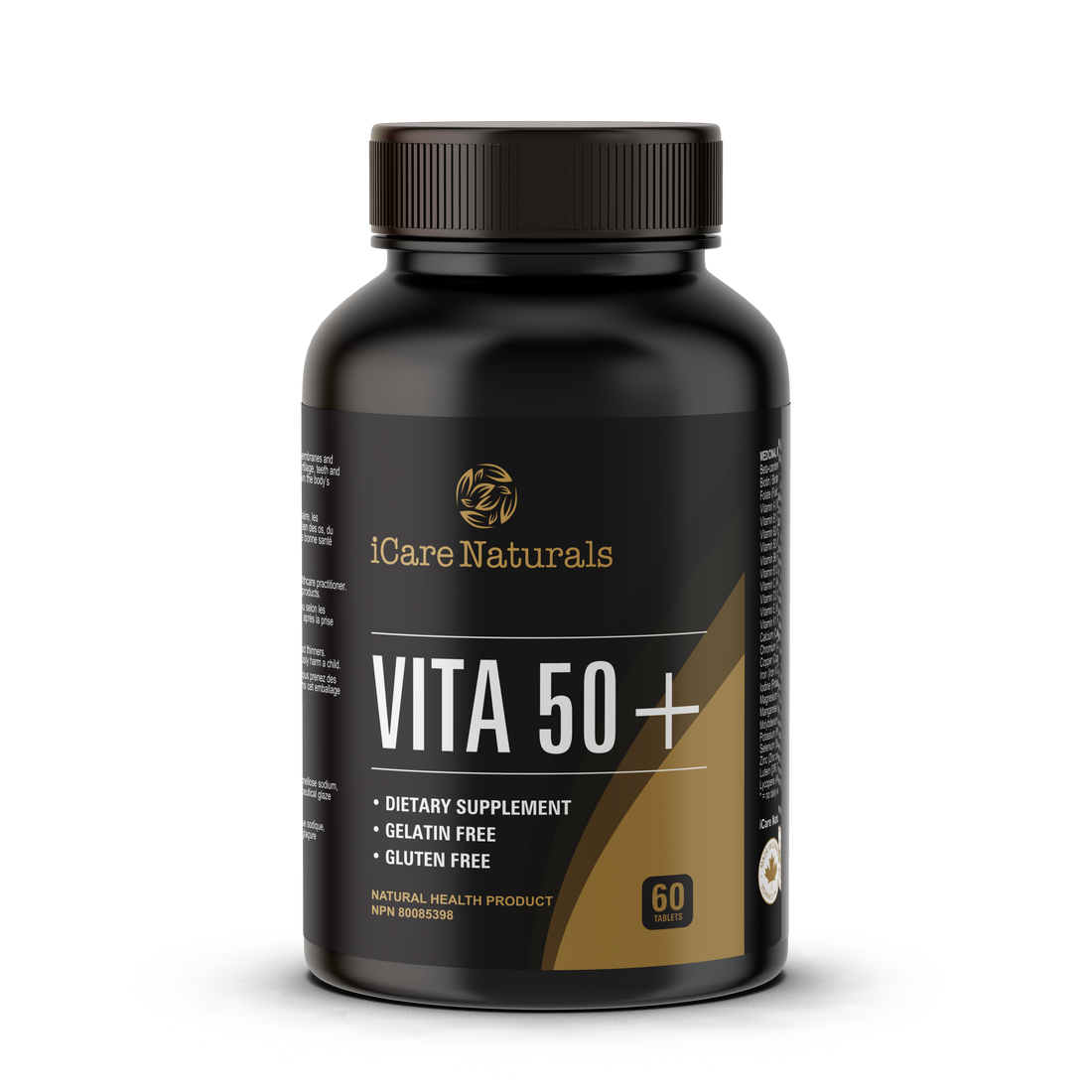As a parent, it's easy to forget that you're still a kid yourself. Between your own health needs and the demands of caring for your child, it's easy to neglect your own body. It's even more important that you take care of yourself as a parent because you're responsible for more than just yourself now! If you have a toddler in the house, it's important to make sure they have everything they need for a strong immune system too. Here are some vitamins that will help keep both of you healthy:
Vitamins are important to help a toddler's immune system.
In order for your toddler's immune system to function properly, it's important that he or she get the right vitamins. These vitamins can be found in both food and supplements, so you'll want to ensure that your child eats enough fruits and vegetables.
Since vitamin C is one of the most important vitamins for a strong immune system, it would be wise to incorporate more citrus fruits into his or her diet on a regular basis. This will help keep his or her immune system healthy as he or she grows older.
Vitamins C and E are great to take if you want a strong immune system.
- Vitamin C: This vitamin is a potent antioxidant that helps to protect against free radical damage. It also helps your body absorb iron, which is important because iron deficiency can affect the immune system.
- Vitamin E: You may have heard that vitamin E is good for your skin, but it's also good for the nervous system and helps to keep skin healthy as well as gums. In fact, some studies have shown that people with higher levels of vitamin E in their blood are less likely to get sick than those with lower levels!
- Magnesium: Magnesium plays an important role in supporting bone health, nerve function, and muscle contraction (including those all-important heart muscles).
It's easy to see how proper nutrition can help boost immunity - so make sure you're giving your toddler everything they need to stay healthy!
Make sure your vitamins don't have too much vitamin A in them.

Be sure to check the vitamin A content of any multivitamin or supplement you might be giving your toddler. Vitamin A is a fat-soluble vitamin, which means that it can build up in the body over time. This can cause toxicity and even liver damage if you take high doses of the vitamin, so it's important to be careful with how much you give your child at once. If a child takes more than 1,500 micrograms of preformed vitamin A daily for several months or longer (meaning not just an occasional dose), this could lead to:
- Liver problems like jaundice (yellow skin and eyes), hepatitis (swollen liver) and cirrhosis (scarring)
- Birth defects when pregnant women take too much
Sun exposure
One way to ensure you get enough vitamin D is to get some sun exposure or eat food that is fortified with the vitamin. Vitamin D is important for bone health, but it isn't found in many foods that contain calcium. The body also cannot make its own Vitamin D and must be absorbed from the sun or from food. If you don't get enough of these sources, then you may be missing out on a key part of keeping your immune system healthy!
Vitamin D deficiency can lead to poor bone health, as well as other health problems like heart disease and cancer. So if your toddler doesn't have enough vitamin D, speak with their pediatrician about how much supplementation they might need and what steps they should take next time they visit their doctor's office!
Vitamin B12
Vitamin B12 is an important vitamin for keeping the nervous system healthy and for red blood cell health. It’s found in liver, meat, and eggs; but it’s also found in fortified breakfast cereals.
B12 plays a role in helping your body make red blood cells to carry oxygen around your body. It also helps the nervous system work properly.
If you think your toddler may be lacking this vitamin, talk to their doctor about having them tested for it.
Zinc
Zinc is a nutrient that helps your immune system work properly. Zinc also:
- Helps heal wounds
- Helps with growth and development
- Helps your nervous system function properly, including how you sense taste and smell
Curds and fish
Zinc is an essential mineral that plays a role in immune system health, heart and brain function, reproduction, growth and development.
Zinc is found in many foods including meats (liver), shellfish (oysters), poultry (chicken) and eggs. Some dairy products such as cheese also contain zinc.
Curds and fish are some of the best sources of zinc. Other good sources include snow peas, yogurt and beans.
Don't forget about the health needs of little kids!

The immune system is the body's way of protecting itself from harmful substances, such as bacteria and viruses. While we don't fully understand how it works, we do know that vitamins play an important role in helping the body keep its immune system strong.
Vitamins are a type of nutrient that can be found in food or taken as supplements. There are many different kinds of vitamins—some have been shown to have strong effects on the body's ability to fight off infection, while others are considered "antioxidants" for helping protect cells from damage. Some vitamin supplements may also help boost energy levels or support healthy growth development by promoting healthy brain function.
While there is evidence showing some benefits for certain types of vitamins (such as Vitamin D), studies haven't yet identified which ones are best for children under age 18 years old; so when choosing whether to give them any sort of supplement treatment make sure that you're doing so under guidance from your health care provider first!
Conclusion
Vitamins are an important part of your child's health, and can help them grow up strong. Make sure they get enough of the vitamins that they need by making sure their formula contains the right amount of vitamin A or B12. You can also supplement with multivitamins if necessary, but make sure not to take too much because it could be dangerous for a little one who hasn't reached puberty yet!










